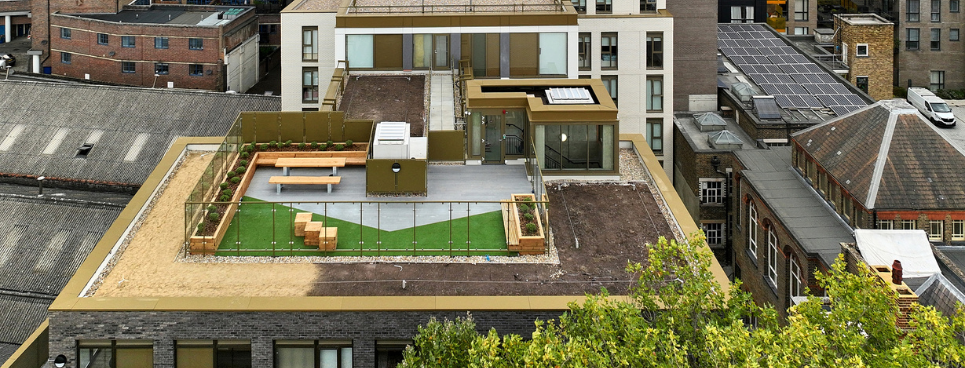News flash! Host Shortlisted for Three Prestigious GSL (Global Student Living) Awards 2025 and Retains Platinum Operator Certification
ROOMS SELLING FAST Find your new home for September

Clearing gives you a great opportunity to find the best university course if you don’t get the A-level results you hoped for. If you don’t get any offers from your chosen universities. Or you change your mind on the course you want to study or even the university you want to study at. You may have decided late in the year that, actually, uni is for you after all. Basically, clearing is there to support everyone who wants to go to university.
Clearing is where university applicants are matched to university places that haven’t been filled. Clearing is available to anyone who has made an application to university through the UCAS Undergraduate application process but doesn’t hold any offers. You’ll be eligible to go through clearing if:
In 2021, thousands of courses were available through Clearing, over 70,000 students obtained places via clearing. The important thing to remember is courses in Clearing aren’t just the ones nobody wants. Clearing is an opportunity for those who have missed their conditions or had a last-minute change of heart about the university or course they want to study.

Clearing runs from 6th July through to mid-September. The key dates are:
Be prepared. Clearing vacancies went live on 5th July. If you have that nagging doubt about your results or the choices you made, prepare a plan B, for what may be coming your way on the 18th August. Here are a few tips to prepare for results day:

it’s going to be manic, so be prepared to hit those phones and wait in queues to speak to a Clearing advisor at the university.
“If they offer you a place and you want to accept it, add the Clearing choice in Track. When you sign in; if you’re eligible for Clearing, in the ‘Next Steps’ section you’ll be given an option to ‘Add a Clearing choice.’
You can apply for one choice at a time through Clearing. After a choice has been selected, you cannot add another, unless you’ve been unsuccessful with the first one. If you want to apply elsewhere. Once you’ve added a choice, then you need to ask that uni to cancel your place. You will then be able to apply again through Clearing.”
Need accommodation for September? Don’t panic, it’s not too late. We have availability at many of our properties across the UK and Ireland. Take a look at our locations and find your Host for the 2022/23 academic year.
To become more ‘environmentally friendly’, Host is launching the #HostEnvironmentalPledge campaign to encourage responsible behaviour and drive sustainability across our sites throughout the UK and Ireland.
It’s a simple campaign! For every percent we reduce our overall utilities (electric, water and gas) consumption by we donate to one of our nominated charities.
Show me all newsAs the academic year winds down, many students start packing their bags and heading home for a much-needed break. But what if you stayed in your university town or city instead? Picking up a summer job where you study can be a game-changer - not just for your bank balance, but also for your personal growth and career prospects. Here's why staying local this summer might be one of your smartest moves yet, along with practical tips to make the most of it.
Choosing where to live during your studies in London is about more than just finding a place to sleep - it’s about finding a supportive, safe, and enriching environment that enhances your university experience. Here's why thousands of students choose Host as their student accommodation provider in London every year.



